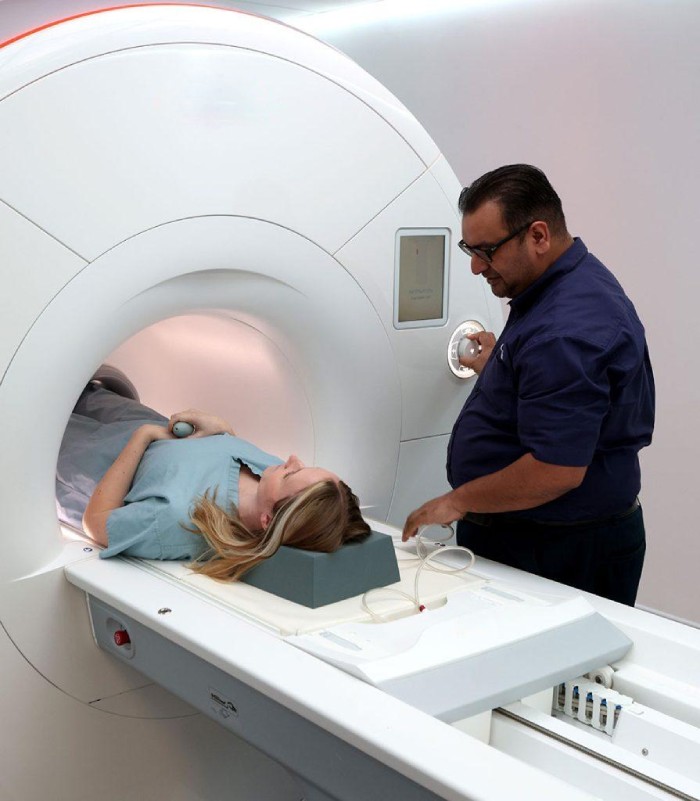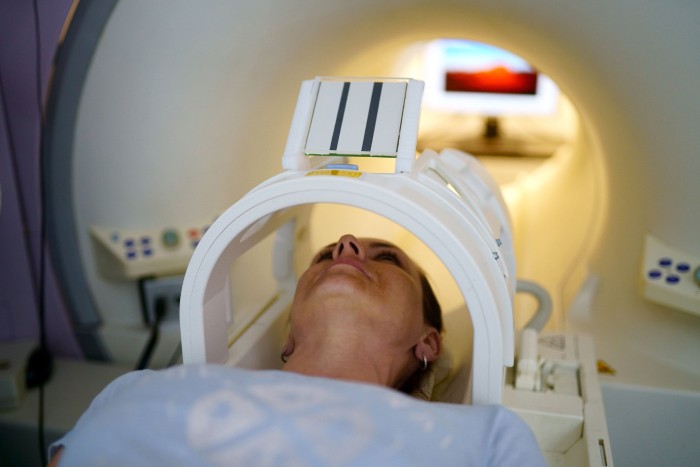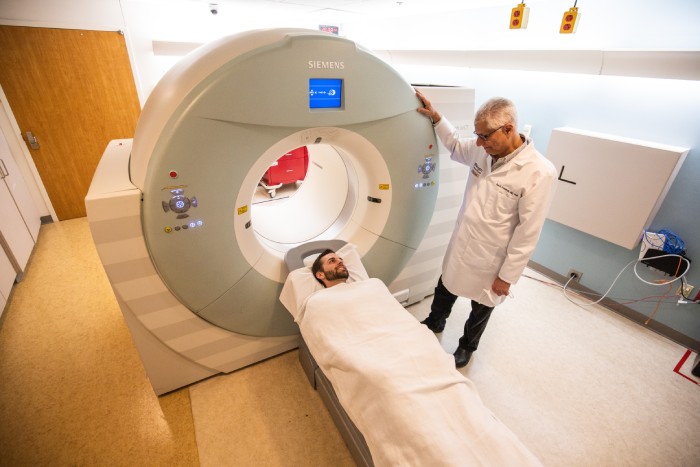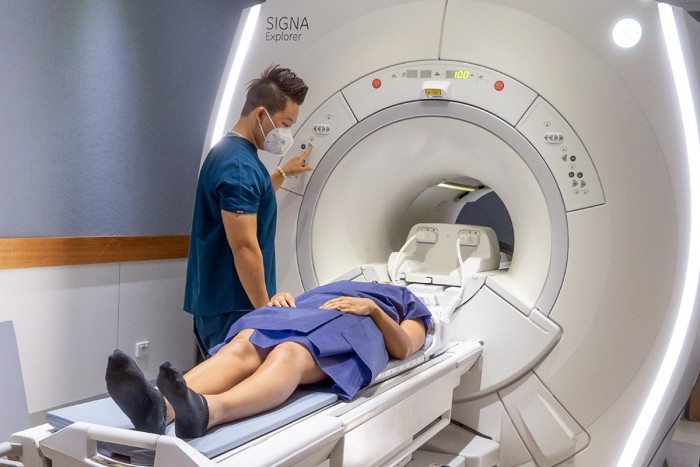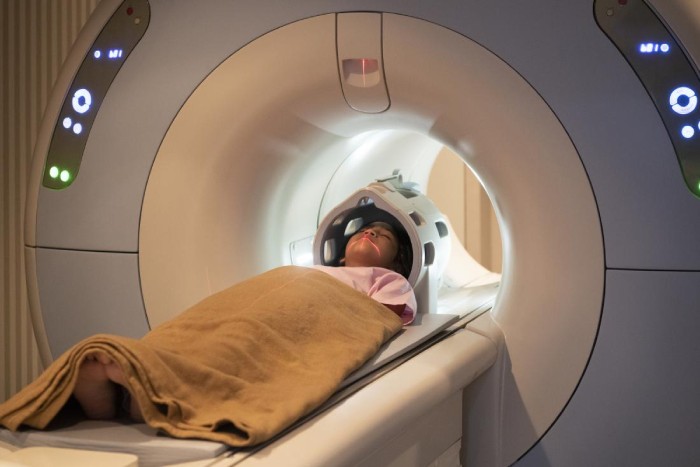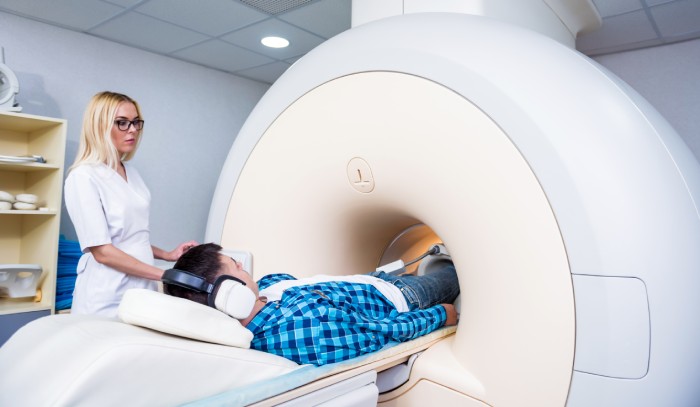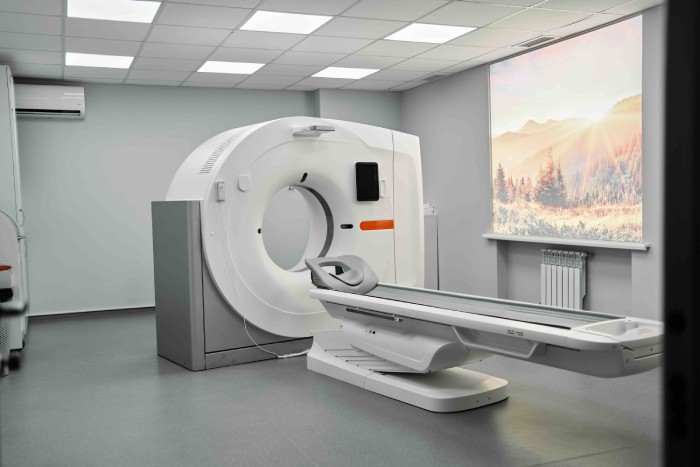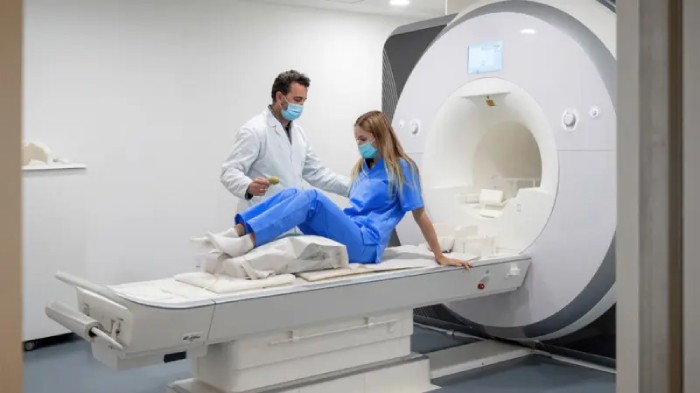Pulmonary Function Test
A pulmonary function test (PFT), also known as a lung function test, is a group of tests that measure how well your lungs are functioning. These tests can help diagnose and monitor respiratory conditions such as asthma, chronic obstructive pulmonary disease (COPD), and other lung diseases.
Key points about Pulmonary Function Test include:
- Purpose: PFTs are performed to assess lung function and diagnose respiratory conditions such as asthma, COPD, pulmonary fibrosis, and other lung diseases. They can also help monitor the progression of lung diseases and evaluate the effectiveness of treatments.
- Spirometry: Spirometry is a fundamental test in PFTs that measures lung volumes and airflow. It assesses lung capacity, the ability to forcefully exhale air, and the presence of airflow limitations.
Why Pulmonary Function Test are helpful?
- Diagnosis: PFTs can assist in diagnosing various respiratory conditions. They provide objective measurements of lung function, helping healthcare professionals differentiate between different lung diseases and determine the severity of the condition.
- Monitoring Disease Progression: PFTs are valuable for tracking the progression of lung diseases over time. By regularly repeating the tests, healthcare providers can assess changes in lung function, identify worsening symptoms, and adjust treatment plans accordingly.
Preparation:
- Medications: Inform your healthcare provider about any medications you are taking, including inhalers and oral medications. Some medications may need to be adjusted or temporarily stopped before the test. Follow your healthcare provider’s instructions regarding medication use before the PFT.
- Food and Drink: It’s generally recommended to avoid heavy meals, large amounts of food, and carbonated beverages for at least two hours before the test. Certain foods and drinks can affect lung function or interfere with the accuracy of the test results.
Procedure:
- Explanation: The healthcare professional will explain the purpose and steps involved in the PFT. They will address any concerns or questions you may have before proceeding.
- Preparations: You may be asked to remove any clothing that may restrict your chest or waist movement. In some cases, you may need to wear a gown provided by the facility.
Safety:
- Explanation: The healthcare professional will explain the purpose and steps involved in the PFT. They will address any concerns or questions you may have before proceeding.
- Preparations: You may be asked to remove any clothing that may restrict your chest or waist movement. In some cases, you may need to wear a gown provided by the facility.
Diagnostic Applications:
- Qualified Healthcare Professionals
- Pre-existing Conditions
- Allergies
- Discomfort
- Infection Control
It’s important to note that individual circumstances may vary, and it is advisable to consult with your healthcare provider or the facility performing the PFTs for specific safety guidelines and any concerns you may have before undergoing the tests.
